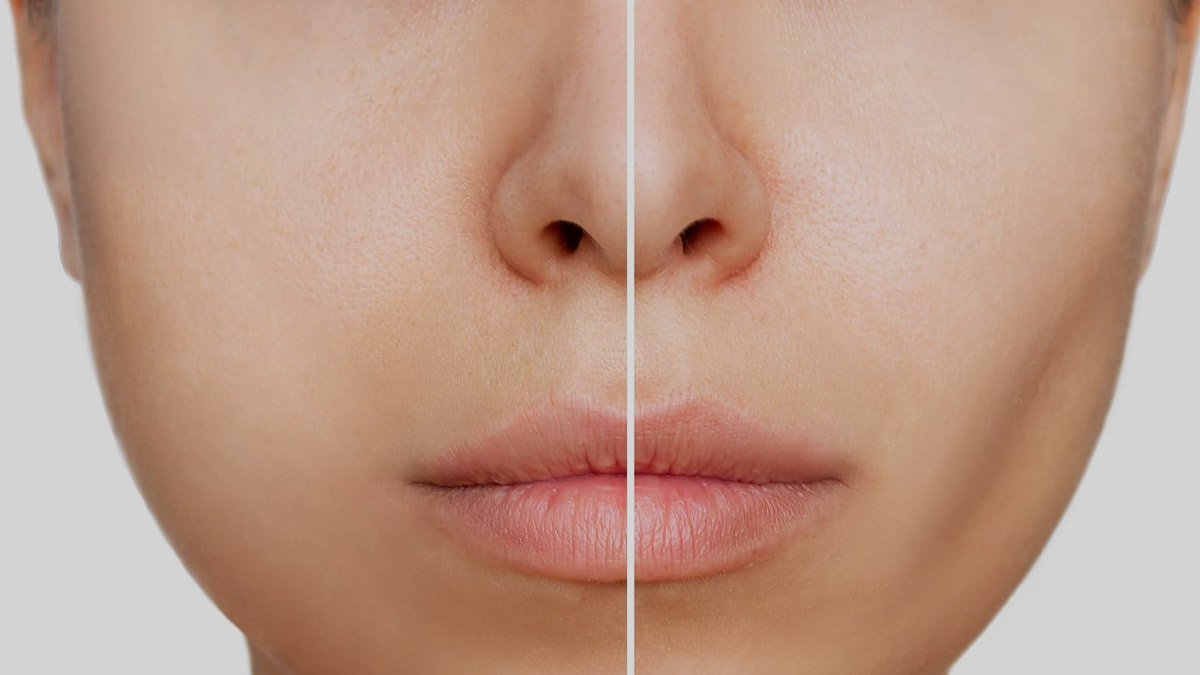
Gaining extra weight and not having a perfect jawline or chubby cheeks can make people feel insecure about their appearance. Some skip their meals and start hitting the gym, while others make abrupt changes to their diet. But there is also a procedure where people remove excess fat from their face to tone their cheeks; buccal fat removal surgery. Read this article to learn about buccal fat surgery, who can get it, and the complications post-surgery.
What Is Buccal Fat Surgery

Buccal fat refers to the fat which is present between your cheekbones and jawbones. You might feel like your face is excessively round or full if you have larger buccal fat pads and can also make you look older than your age or overweight.
Buccal fat surgery is also known as cheek reduction or buccal lipectomy. It involves removing fatty tissue from your face and changing its shape. It aids in improving cheekbone definition, reduces the width of round faces, and gives the face a chiselled appearance. The surgery is a non-invasive procedure which is generally completed within 30 minutes to one hour. It takes two to three weeks for the healing process post-surgery. Its costs range from ₹ 25,000 to ₹ 40,000 in India and can also exceed in some prominent cities.
Also Read: Plastic Surgery: Common Side Effects & Complications
Who Can Get Buccal Fat Surgery
- You can opt for a buccal fat surgery if your physical health is good and you have a healthy weight.
- People with narrow faces are not recommended to try this procedure as it can cause sunken cheeks as you age.
- You have a small rounded fat mass in the cheek, known as pseudoherniation, which is caused due to weak buccal fat pad.
- People who do not smoke.
- People who are old should avoid this surgery as your cheeks naturally lose fat as you age.

Complications Of Buccal Fat Surgery
Buccal fat surgery is generally safe but can cause some complications too. Some of them are as follows:
- It can lead to infection at the incision site
- There may be an excessive bleeding
- Some people can develop a negative reaction to anaesthesia
- There may be salivary gland damage or facial nerve damage. Nerve damage can further cause numbness
- There may be facial asymmetry
- You may face changes in sensation
Takeaway
You can opt for cheek reduction if you have a fuller face and want to remove the excess fats. The surgery can change the contouring of the shape but not the size of the cheeks, as it depends on your jaw size. You should also note that buccal fat diminishes with age, and removing it can result in a skinny look with age. Moreover, it is not a substitute for weight loss as it cannot change the shape of your whole face. Patients should consume liquid or semi-liquid food after the surgery. Visit your doctor immediately if you have shortness of breath, chest pain, severe pain, signs of infection, or an abnormal heartbeat.







